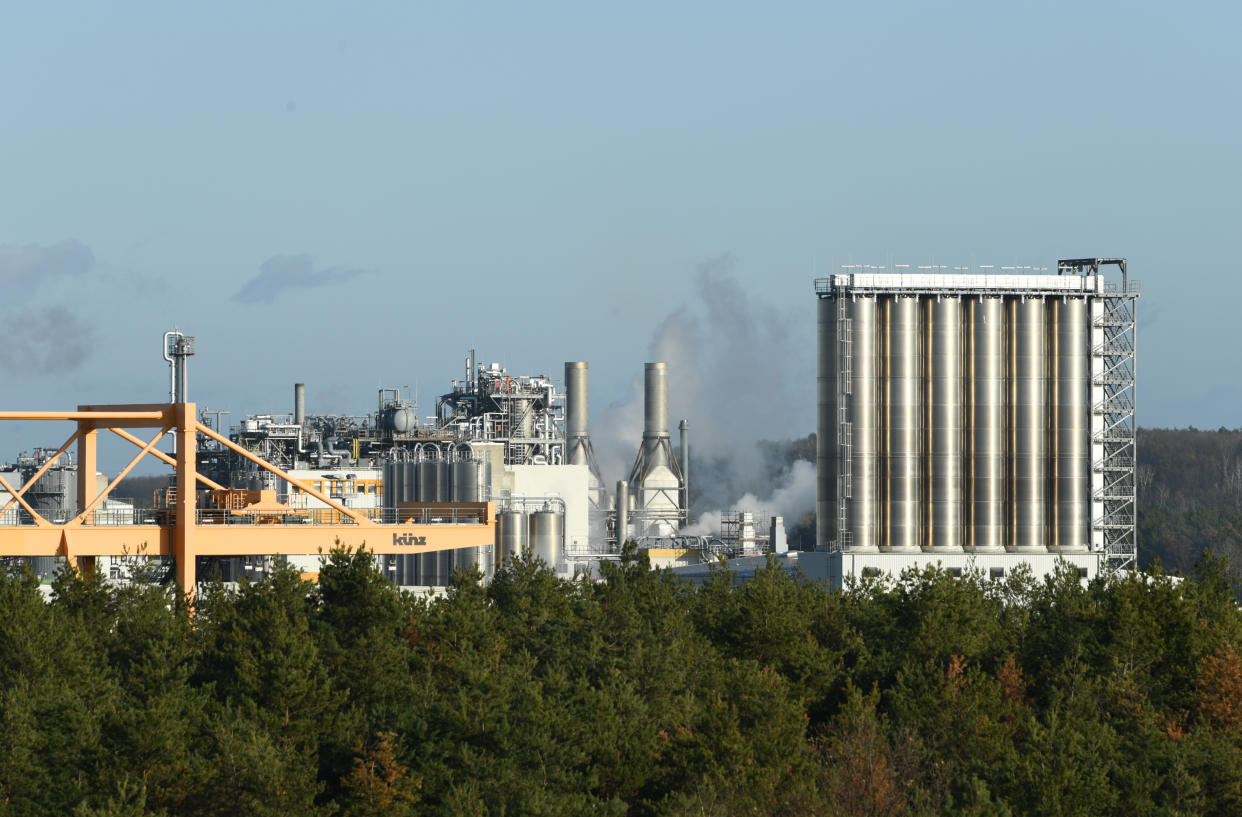German industrial sector in ‘dire’ state

A drop in foreign demand caused a sharp drop in industrial orders in Germany in the month of November last year, keeping the sector mired in recession.
According to statistics released today by the Federal Economics Ministry, new orders contracted by 1.3% in November from the month before. Economists polled by Reuters had been expecting a rebound in November to 0.3% growth
“Despite some tentative positive signs from soft data that point to a bottoming out of the manufacturing slump, the hard reality looks completely different,” said Carsten Brzeski, chief economist at ING Germany. “Instead of a turnaround, the drought in order books and the manufacturing slump is getting worse”
READ MORE: Tesla plans to produce 500,000 cars a year in Germany
October’s growth has been revised up to a plus of 0.2%, and 1% in September. New orders were down by a dramatic 6.5% for the year.
The drop in November was primarily caused by a big drop in bulk orders. Orders from from other EU countries declined by 3.3% in November, and by 2.8% from elsewhere in the world, however domestic orders ticked up by 1.6%.
The last time German order books shrank for two years in a row was in in 2001 and 2002, Brzeski noted. “All in all, there are still no signs at all of a bottoming out for German industry. Instead, the free fall continues,” he said. “In fact, there is simply one word to describe the current state of the German industry: ‘dire’.”
The usual factors have taken their toll on Germany’s crucially important industrial sector: the cooling global economy, ongoing trade wrangling between the US and China, and Brexit uncertainty.
READ MORE: China threatens 'consequences' if Germany bans Huawei

